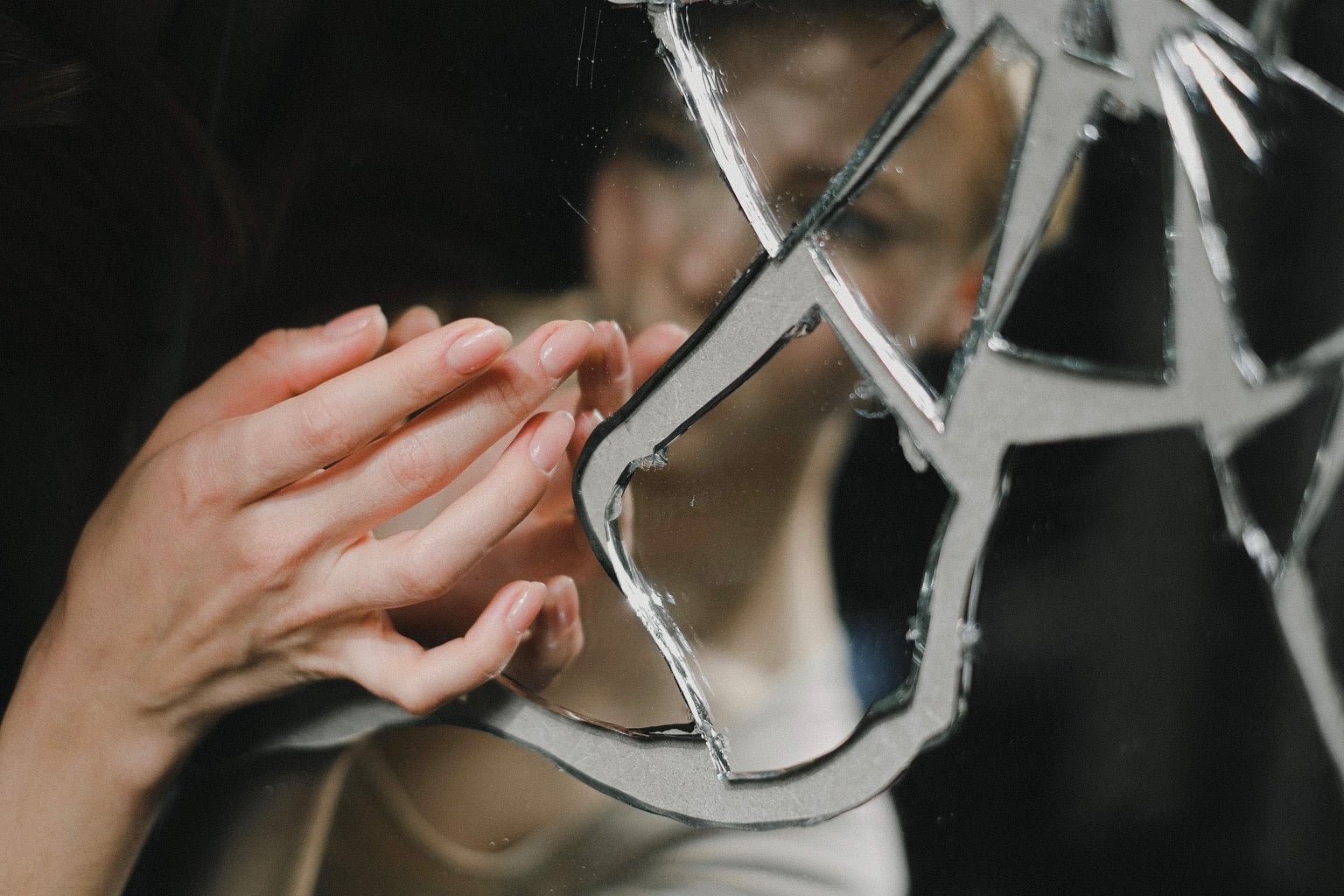On September 23rd of this year, 90s super model, Linda Evangelista, took to her Instagram account to announce her lawsuit against Zeltiq after she developed paradoxical adipose hyperplasia (PAH) as a result of their CoolSculpting process. Not only has she been unable to work within the beauty and fashion industries in 5 years, she has also suffered immeasurably with her mental health.
My reaction was one of horror and then confusion. The latter because there were surely more pressing issues to be concerned about other than one woman's physical beauty being disrupted. But her story felt bigger than that and it stuck with me for days.
It wasn't until Jessica DeFino's article Beauty Culture Is A Public Health Issue arrived in my inbox that I better understood how and why Linda Evangelista's beauty crisis and mental health challenges had so deeply affected me.
The connection between beauty ideals and mental health is a complex one. As Jessica DeFino wrote about her own damaging experience with toxic beauty culture:
"Because when I didn’t feel beautiful, I didn’t feel worthy of being seen or heard. I didn’t feel worthy of participating in life."
Whether a beauty icon, a "pro-skin/anti-product beauty reporter" or an industry outsider, how we present ourselves to the world is intrinsically linked to how we feel about ourselves. This is not news. Perhaps what is newer, though, is the amount of direct feedback we receive about how we look or how the people we relate to look.
It is in navigating this steady supply of feedback that we are taken advantage of by beauty culture. The beauty industry is one that creates problems and then supplies the solutions, for its own profit. As a conscious consumer, we may attempt to find the less toxic, more natural solutions amongst them however, we are still impacted by the damaging psychology of beauty culture.

It makes me wonder what I, as a business owner in the beauty and wellness industry, can do to help side-step some of these damaging behaviours. I want what I do to have a positive affect - especially on women and non-binary people who are the most adversely affected by mainstream beauty. You know who else is the most adversely affected? Those who struggle with their mental health. Negative messaging from the beauty industry is a specific trigger for those who are going through difficult times. On those days when my mental health is low, hygiene suffers. Then comes the paranoia and guilt and pressure to stop being such a loser. And that's just the pressure I put on myself.
I have taken note of where I participate and where I don't. For example, I recently stopped dying my hair and covering up my greys. There wasn't a moment of clarity or decisiveness. I'd contemplated doing so before. I have seen people I admire take a stand and stop. For me, it was a gentle letting go.
Dying my hair at a salon takes hours plus travel time and finding parking. It's rare that I could find the right time for an appointment. I'd dyed my hair at home, out of a box, but with varying results and quite a lot of mess. This "act of self-care" that I once enjoyed to the fullest now did not make me feel good. The struggle and stress were simply not worth it. So, I stopped.
I'm not looking for a medal of honour for embracing a few errant grey hairs - it is not an act of bravery - but releasing myself from this beauty standard has been refreshing in many ways.
-
I no longer contribute to unnecessary waste or adding more chemicals to our water and garbage to landfills.
- I no longer subject my body to extra chemical processes.
- I am saving money.
- My hair and scalp can resume their healthier, natural state.
- I have freed up mental space to think of other things besides what colour my hair is, are my roots showing, will people assume I'm old or older than I actually am, will they think I've "given up"?
How I manipulate my hair, myself, my appearance so that I can be considered beautiful has benefitted from this shift. The knock-on effect from it has been an increase in self-confidence with a side of take-me-as-I-am attitude. Where once I did depleting "acts of self-care" for a fleeting moment of boosted self-esteem, I now feel the longevity of authentic self-confidence by opting out. Yes, there's still the looming and real threat of negative feedback. Often this type of critique is not constructive, and it doesn't serve me. It is by embracing the notion that we are not bound by the law of beauty to participate in anything that makes us feel badly about yourself - and trust. They will usually make you feel badly about yourself - that I have found better balance.
I'm more practical than vain in my life now. Working from home, Covid lockdowns, limited time to go out and socialise, and maybe turning 45 this summer, have all contributed to my scaled back beauty routine. The feeling of self-assurance and levity make me want to continue on this path. (This is me showing off my salt and pepper hair to my dog, Zoro. We're both happy about it.)
(This is me showing off my salt and pepper hair to my dog, Zoro. We're both happy about it.)
With that, I encourage exploration of your own self-care and beauty routines in hopes you, too, find the ones that no longer serve you and see if by letting go, you feel lighter.
I hope on this World Mental Health Day, that you find a connection to your body, mind and beauty.
Very best,
xx Pauline

